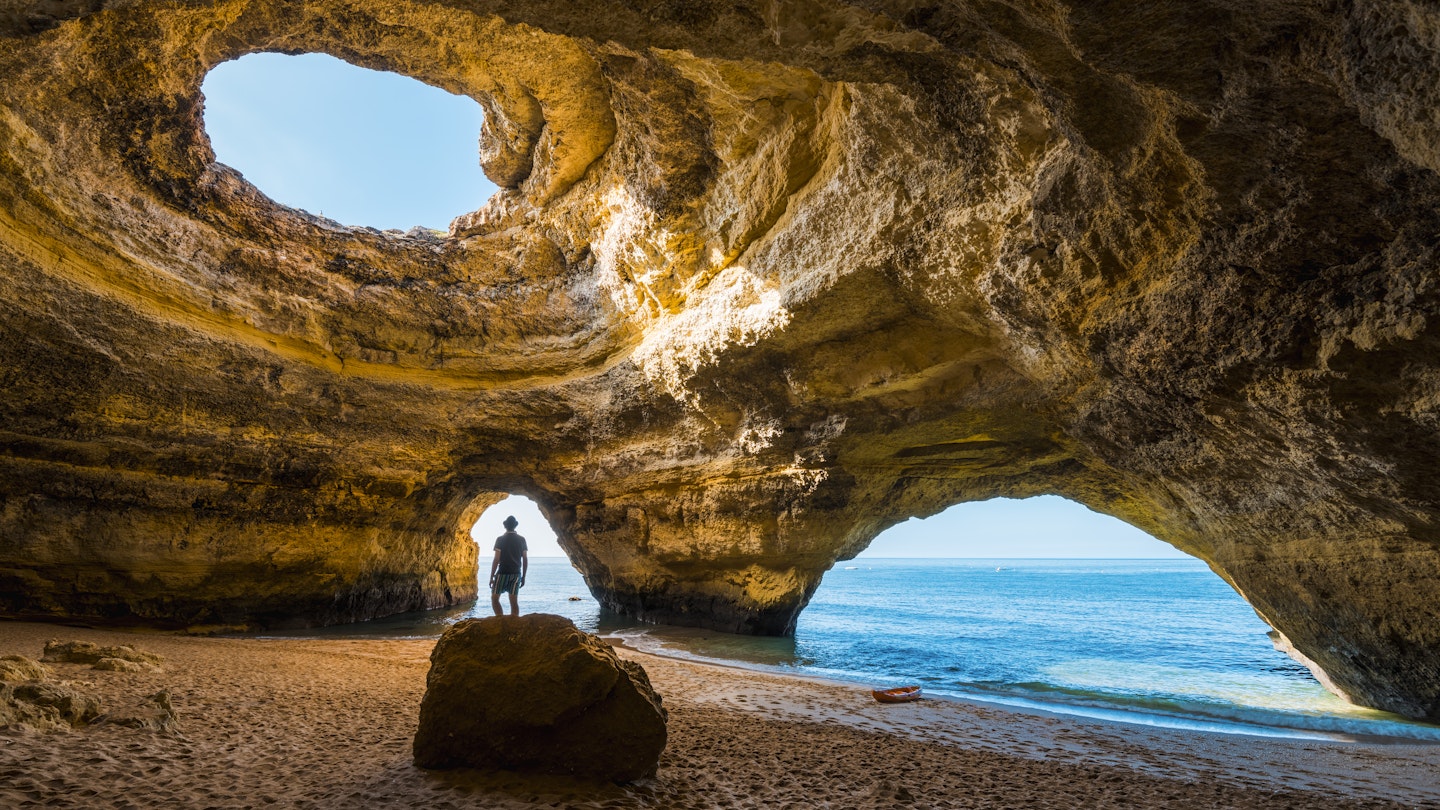
Algarve
The Algarve stands as a testament to nature's artistry and the harmonious blend of history and modernity. This captivating region is renowned for its pristine beaches, each one a unique masterpiece of nature's design. From the expansive sands of Praia da Rocha to the secluded coves of Praia do Camilo, the Algarve's coastline offers an array of beach experiences that cater to every traveler's dream. The gentle lapping of the waves against the shore creates a soothing symphony that resonates through the heart, inviting visitors to unwind and immerse themselves in the serenity of their surroundings.
But the Algarve's appeal isn't confined to its coastline alone. Its Mediterranean climate is a blessing that bathes the region in sunshine for over 300 days a year. Sun-seekers and outdoor enthusiasts revel in the warm embrace of the sun, turning activities like hiking, golfing, and exploring the picturesque villages into delightful adventures. The region's climate, characterized by mild winters and balmy summers, ensures that every season is an opportunity to experience the Algarve's beauty in its own unique way.
However, beyond the natural wonders and idyllic weather lies the heart of the Algarve: its people. The locals, known for their warm and welcoming nature, embody the true essence of Portuguese hospitality. As you traverse the cobblestone streets of historic towns like Faro, Lagos, and Albufeira, you'll be greeted with genuine smiles and open arms, making you feel like a part of their community.
The Algarve's charm also stems from its ability to seamlessly blend tradition with modernity. Quaint fishing villages and vibrant markets exist alongside luxurious resorts and world-class dining establishments. This juxtaposition of old and new creates a dynamic tapestry that invites travelers to explore the region's rich history while indulging in contemporary comforts.
Whether you're basking under the sun on a golden beach, delving into the region's storied past, or savoring delectable Portuguese cuisine, the Algarve offers an experience that transcends the ordinary. It's a place where the vibrant hues of sunset mirror the warmth of its people, where the whispering winds carry tales of ancient civilizations, and where the beauty of the land is only surpassed by the hearts of those who call it home. So, join us on a journey through the Algarve, where the beauty of its beaches, the generosity of its weather, and the kindness of its people combine to create an enchanting mosaic of memories waiting to be etched into your soul.
Albufeira
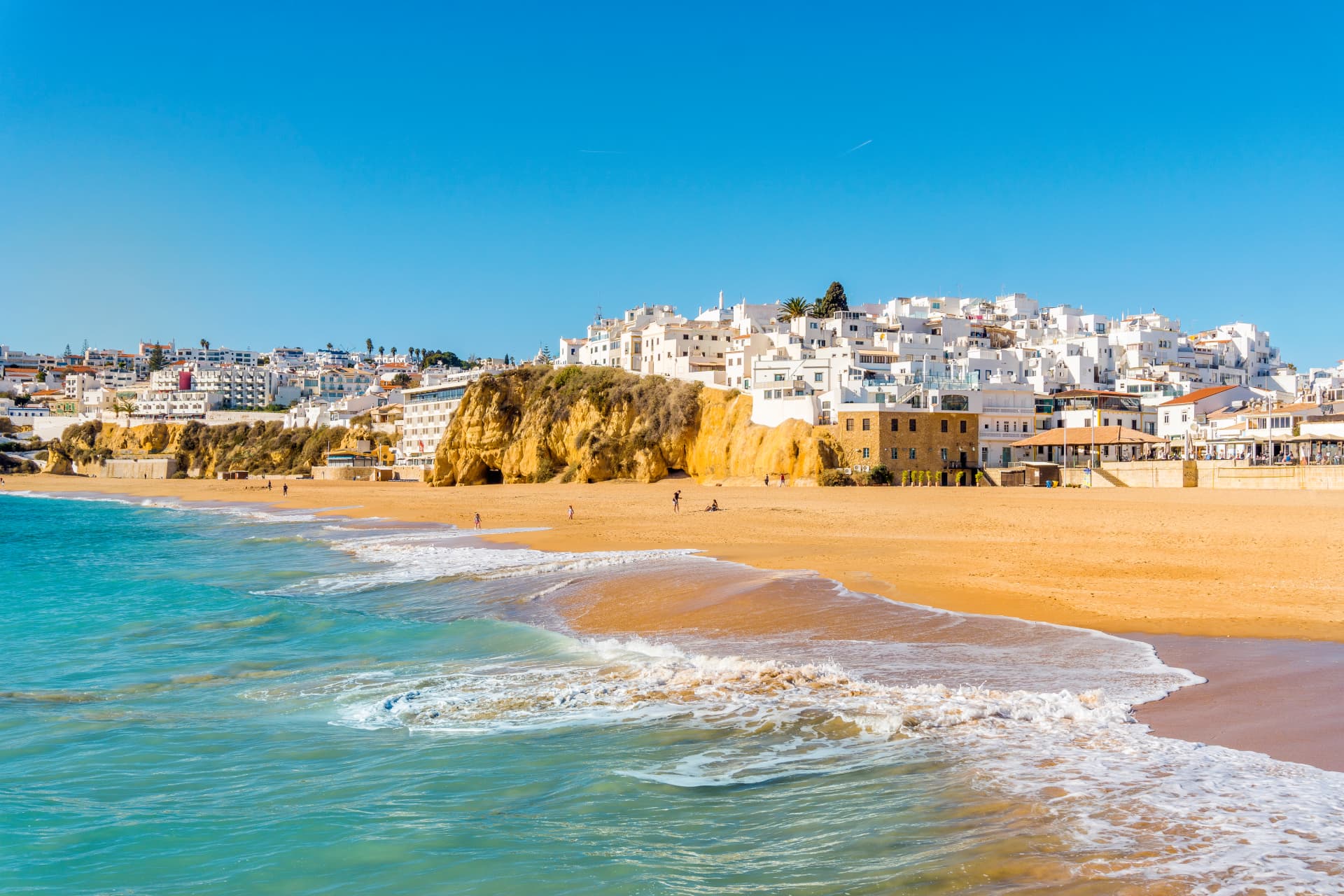
Alcoutim
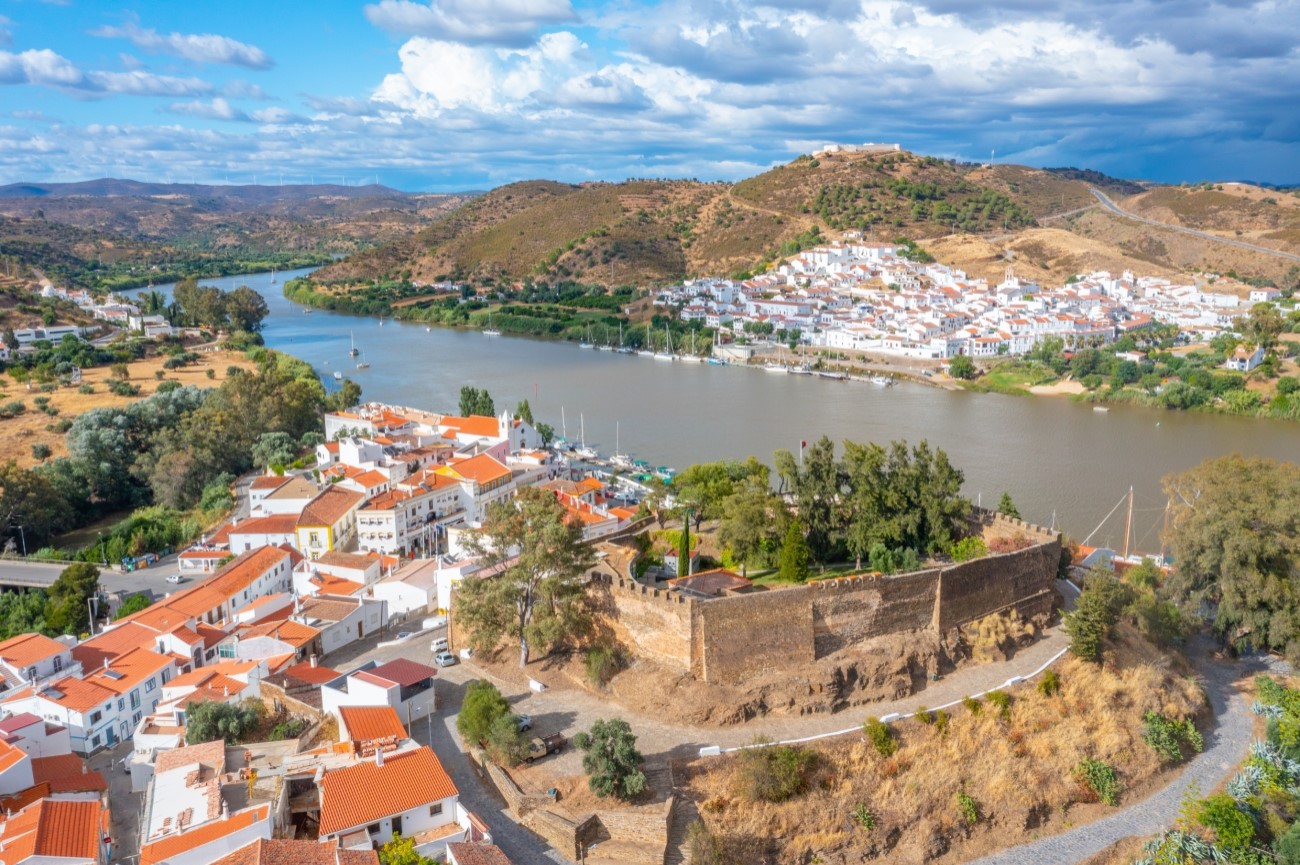
Aljezur

Alvor

Carvoeiro
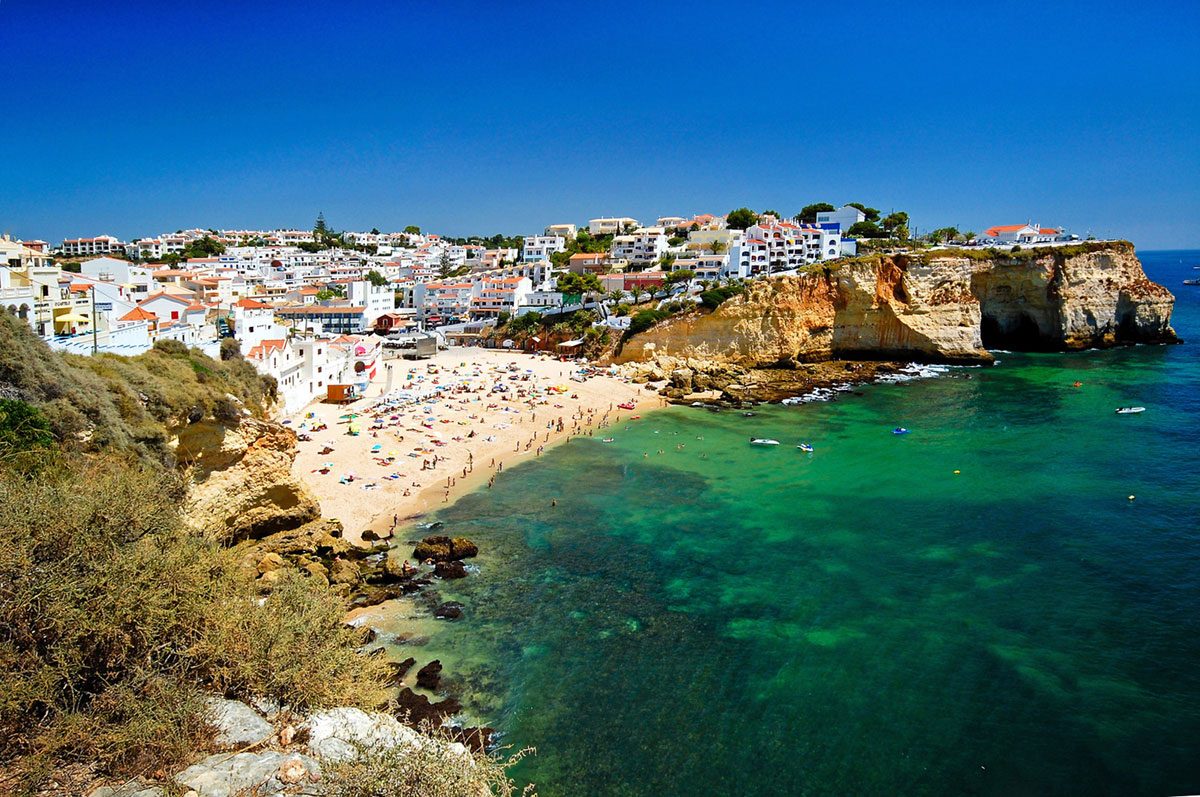
Castro Marim
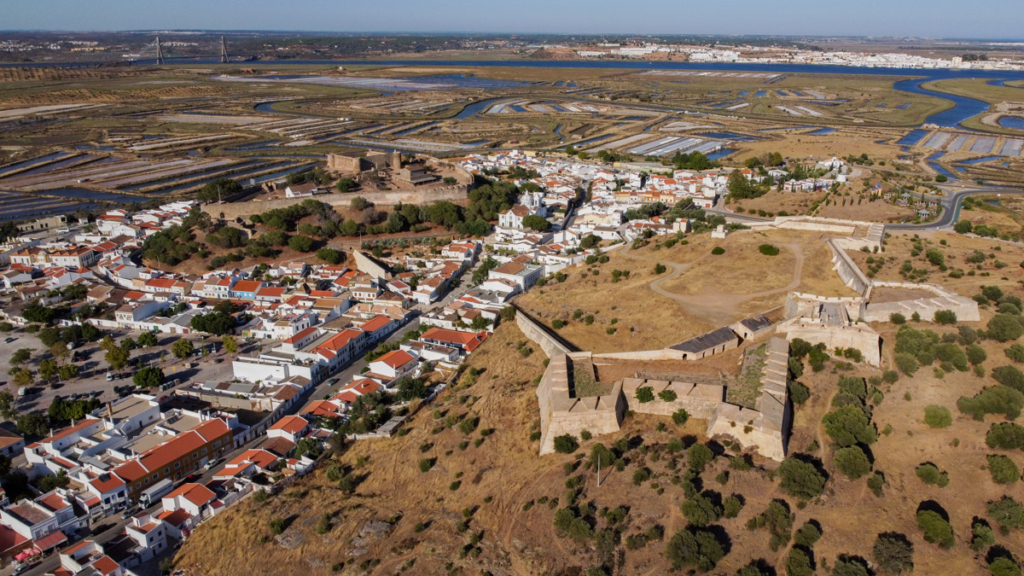
Faro
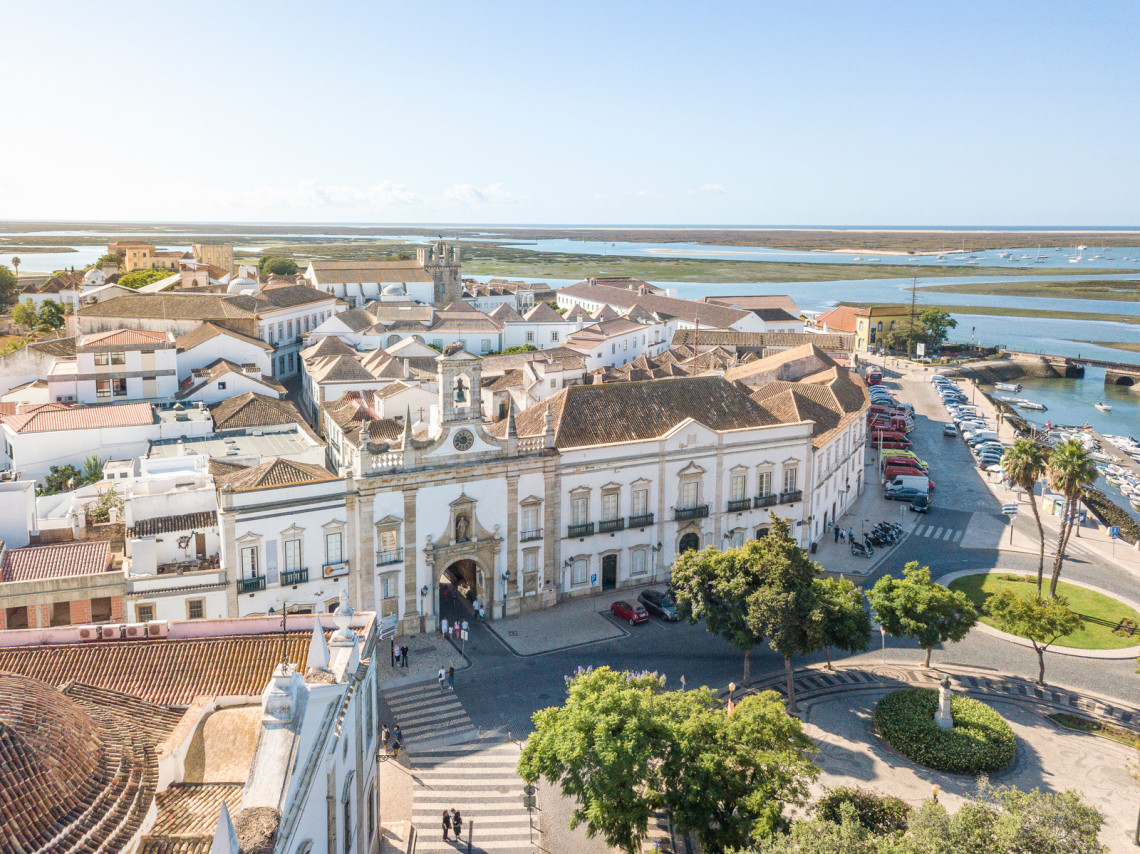
Lagos
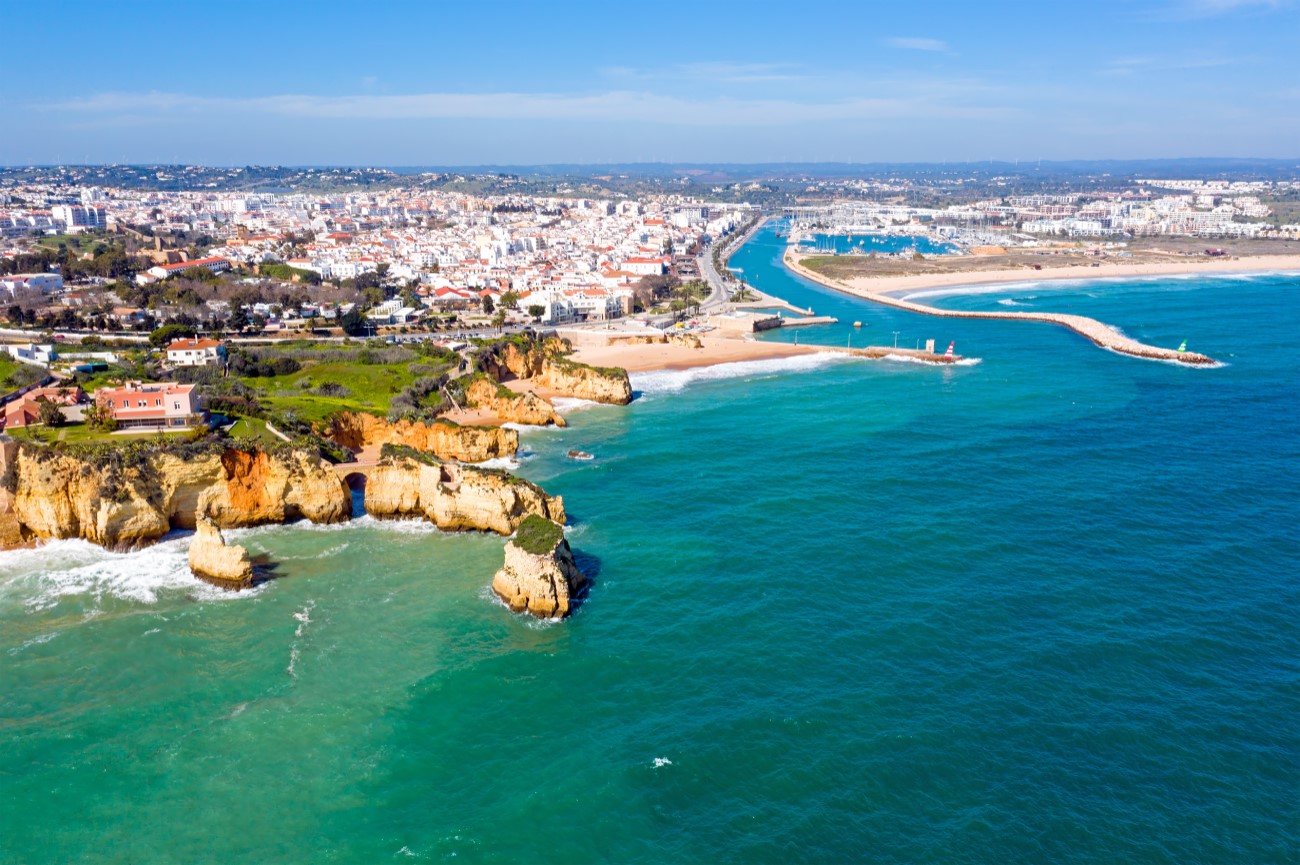
Loulé

Olhão

Portimão

Quarteira
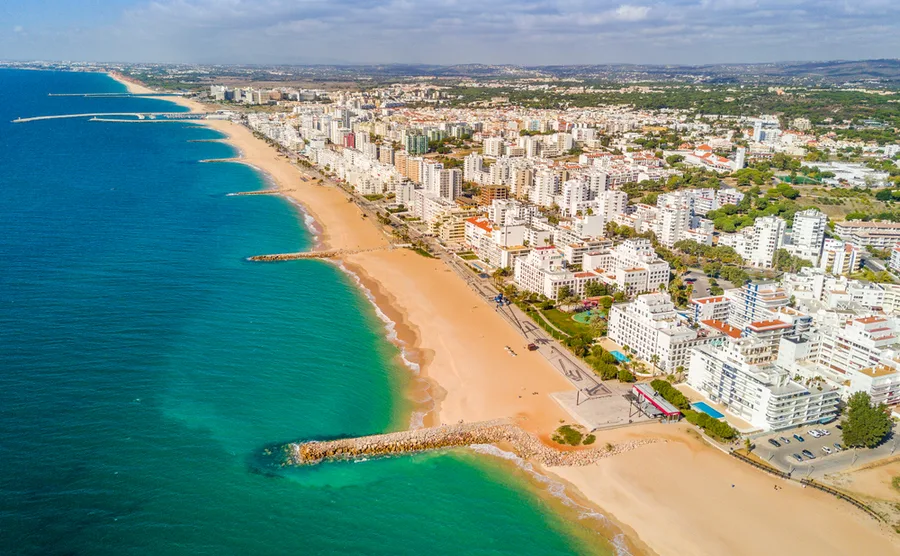
Sagres
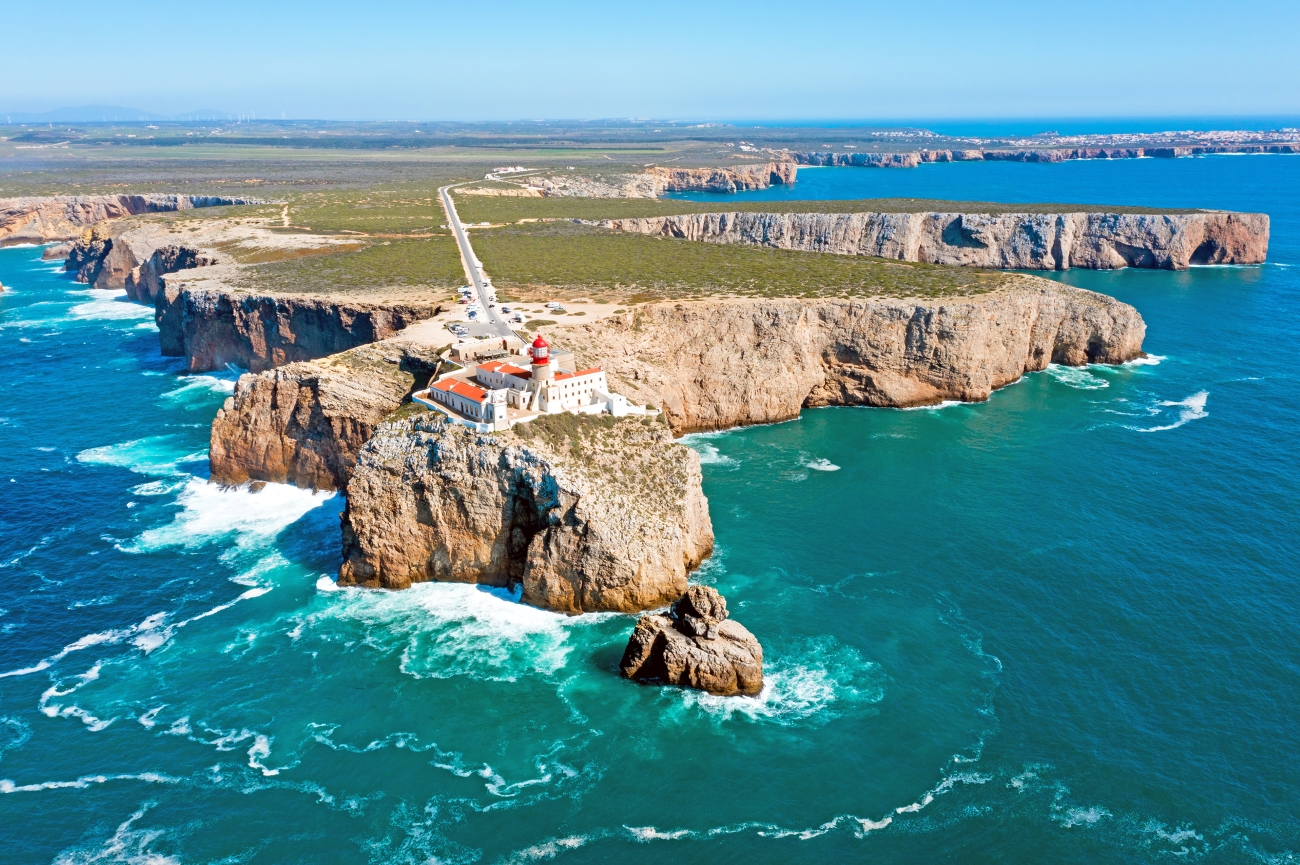
Silves

Tavira
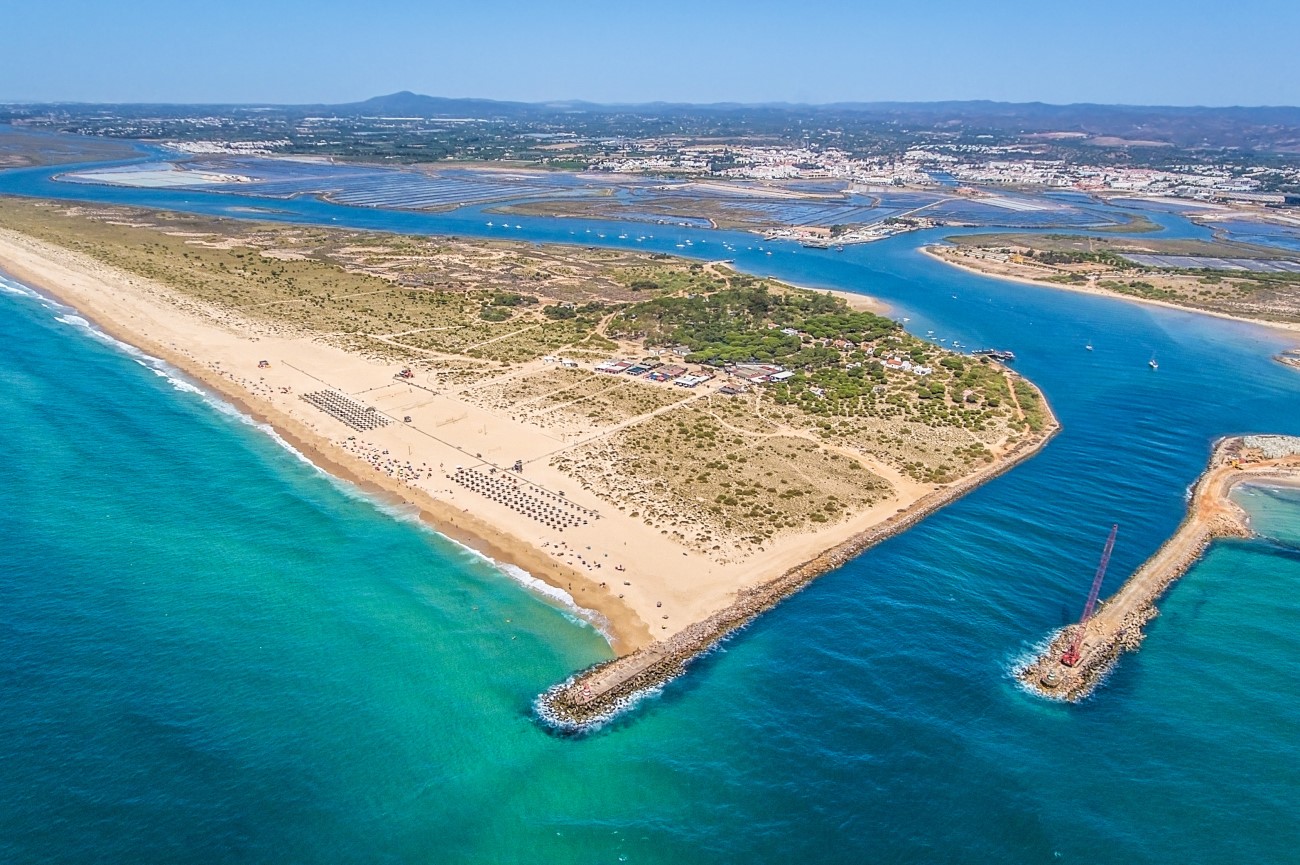
V.R.S.A

Culture and History
The Algarve's traditional dance, the corridinho is a vibrant and joyful expression of Portuguese culture. Energetic and colorful, it is danced in pairs, with couples holding each other tightly while moving in a lively circle. Historically, the corridinho was performed during special occasions in small villages across the Algarve, reflecting the traditions of rural and fishing communities. Today, the dance remains an integral part of the region's heritage, with folk groups in many villages keeping the tradition alive. Visitors can often see corridinho performances at local festivals, cultural events, or even as part of the entertainment in hotels. For those adventurous enough, give it a try—twirling without losing your balance is part of the fun! The Algarve's love for folk dances is celebrated annually in Faro with the FolkFaro festival. Held each summer on the square near the marina, this lively event attracts locals and visitors alike, showcasing the rich cultural tapestry of the region through dance and music.
Fado
Fado, a deeply emotional and iconic music genre, originated in Lisbon and stands as one of the most cherished traditions of the Portuguese capital. However, its heartfelt melodies and poetic lyrics resonate with Portuguese people nationwide, making it a unifying symbol of the country's cultural identity. Often described as the soul of Portugal, fado captures themes of longing, love, and nostalgia like no other art form. In 2011, UNESCO recognized fado as Intangible Cultural Heritage, cementing its significance on the global stage. Since its UNESCO designation, fado has grown in popularity, performed not only across Portugal but also on international stages. In the Algarve, visitors can experience the magic of fado in select local restaurants or during cultural events. Traditional towns like Tavira often include fado performances in their cultural and entertainment programs, offering an authentic glimpse into Portugal's rich musical heritage.
Charming Coastal Towns
The Algarve is not only about nature's grandeur but also about the quaint charm of its coastal towns. Lagos, with its historic architecture and vibrant markets, is a living testament to the region's rich history. Faro, the capital of the Algarve, enchants visitors with its medieval walls, cobbled streets, and a picturesque old town. Each town narrates a story of the region's past, with influences from Moorish, Roman, and medieval eras blending seamlessly into the present.
In each city of the Algarve, history and modernity dance together, creating an atmosphere that invites exploration and relaxation in equal measure. From the narrow alleys of Faro to the vibrant streets of Albufeira, the charisma of these urban gems adds an extra layer of allure to the sun-drenched splendor that defines Portugal's southern coastal paradise.
Religion and Spirituality
Portugal upholds religious freedom, with no formal connection between the state and religion, creating an inclusive and tolerant society. In the Algarve, as in the rest of the country, Catholicism is the predominant religion, deeply embedded in Portuguese culture and traditions. While Catholic beliefs have historically shaped many aspects of life, most people in the Algarve do not attend church regularly, reflecting a modern and relaxed approach to religious practice. The people of the Algarve are known for their openness and acceptance of other religions, contributing to a harmonious multicultural environment. Religious traditions remain an important cultural touchstone. Many towns and villages in the Algarve host annual processions and celebrations that blend religious devotion with community pride. One of the most notable examples is the Mãe Soberana (Sovereign Mother) procession in Loulé, held every year during Easter. This grand event is considered the most significant religious celebration in the Algarve, attracting thousands of participants and visitors. The procession honors Our Lady of Piety (Nossa Senhora da Piedade), a revered figure in Portuguese Catholicism, and features heartfelt displays of faith, music, and pageantry. These religious festivities not only preserve the region's cultural heritage but also provide an opportunity for locals and visitors alike to connect with the Algarve's spiritual and communal traditions, offering a glimpse into the heart of its identity.
Cuisine
The Algarve's culinary heritage is a testament to its rich maritime culture and fertile lands. At the heart of the region's gastronomy lies its fresh seafood, caught daily by local fishermen. The famous cataplana, a distinctive copper pot that's both a cooking vessel and serving dish, perfectly embodies the region's seafood tradition. This unique cooking method steams fish or shellfish with aromatics, creating intensely flavored dishes that capture the essence of the sea.
Beyond seafood, the Algarve offers a diverse array of local specialties. The region's piri-piri chicken, seasoned with spicy chili sauce, has gained international recognition. Traditional dishes like feijoada (bean stew) and cozido (mixed meat and vegetable stew) showcase the heartier side of Algarvian cuisine. The region's sweet treats are equally noteworthy, with Dom Rodrigos (egg-based confections wrapped in colorful foil) and almond-based desserts reflecting the Moorish influence on local pastry-making.
Local markets, known as mercados, offer a vibrant display of the region's produce, from sweet Silves oranges to almonds and figs. The Algarve's wine production, though lesser-known than other Portuguese regions, has been gaining recognition, particularly for its robust reds and crisp whites that perfectly complement local dishes. Many wineries offer tastings and tours, allowing visitors to explore the region's emerging wine culture.
Architecture
The architectural landscape of the Algarve is a fascinating tapestry woven from centuries of diverse cultural influences. At its foundation lies the distinctive Moorish architecture, characterized by intricate geometric patterns, horseshoe arches, and terraced buildings that climb hillsides. This Islamic influence is particularly evident in cities like Silves, where the imposing red sandstone castle stands as one of the best-preserved Moorish fortifications in Portugal.
The region's religious architecture showcases a unique blend of styles, from Gothic to Baroque. The Igreja do Carmo in Faro, with its iconic twin bell towers and elaborate gilded altarpiece, exemplifies the ornate Portuguese Baroque style. Meanwhile, the Capela dos Ossos (Chapel of Bones) represents a more macabre yet fascinating aspect of religious architecture, its walls decorated with human bones and skulls in a powerful memento mori.
Traditional Algarvian houses tell their own architectural story through distinctive features like the "platibanda" – decorative parapets that crown building facades – and the characteristic chimney pots, each uniquely designed and often considered works of art in themselves. These chimneys, originally symbols of wealth and status, have become iconic elements of the region's vernacular architecture.
Modern architecture in the Algarve thoughtfully incorporates these historical elements while embracing contemporary design principles. Many new developments pay homage to traditional forms while incorporating sustainable features and modern amenities. The result is a harmonious blend where whitewashed walls meet innovative eco-friendly solutions, and where ancient building techniques inform current architectural practices.